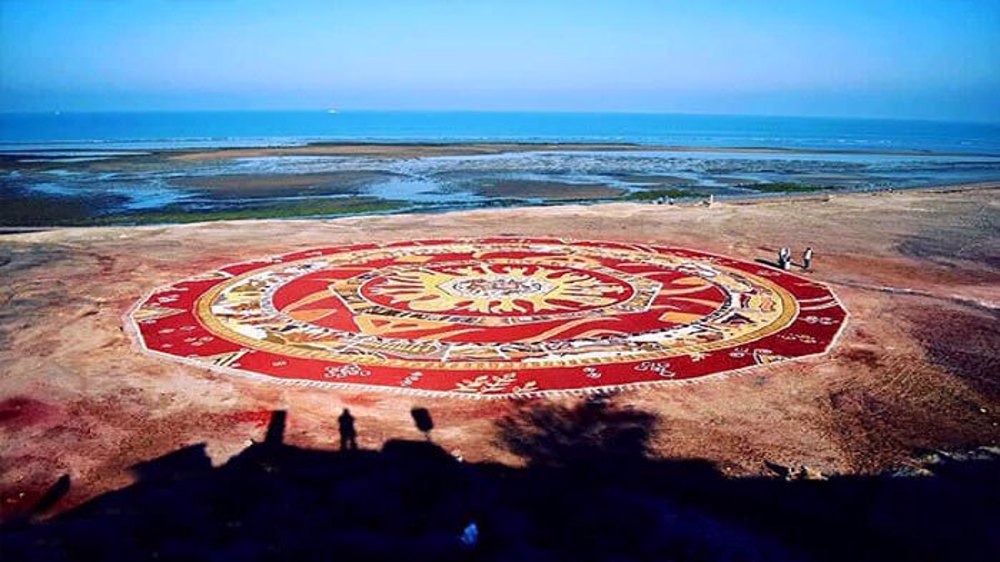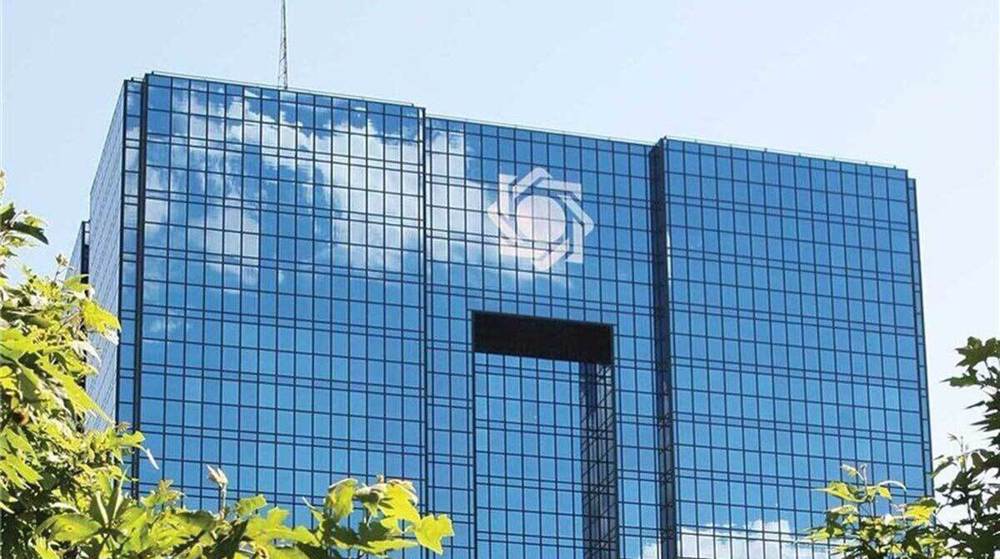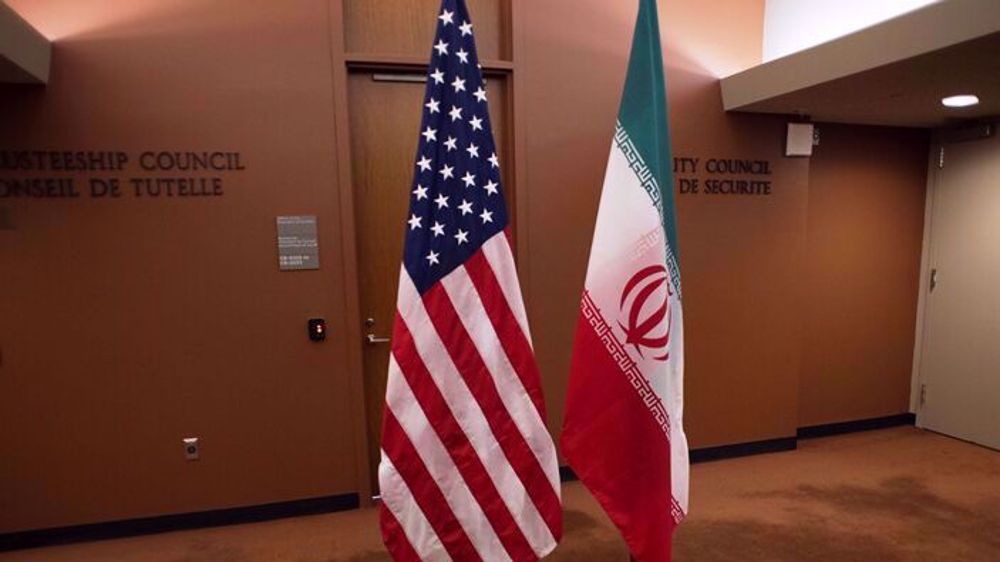Tapping Iran’s maritime tourism treasures
Maritime tourism in Iran has a prodigious capacity to realize sea-based development, where the Persian Gulf, the Sea of Oman, and the Caspian Sea have unique potential to shape and drive economic growth.
Iran is considered one of the top five countries in the world in terms of tourism resources with a plethora of historical, cultural and natural attractions. Unlike many countries, it has two distinct coastlines, with different seasonal qualities and recreational opportunities.
Iran’s coastline includes 750 km along the Caspian Sea and around 2250 km along the Persian Gulf and Oman Sea, which are located in quite distinct regions.
Coastal tourism is often seen as an important part of an economic development strategy provided that the tourism enterprise is not used as a guise for property development and investment speculation, without a long-term commitment to local peoples or place.
Many economic development strategies for coastal regions throughout the world include tourism as part of the solution. These strategies place tourism as a potential panacea to the improvement of national and regional economies.
Half of the world’s population lives on or within 100 miles of a coastline and this number will likely increase dramatically in the next decade. According to the UN Trade and Development (UNCTAD), the value of the blue economy relating to sea-based development is estimated at around $3 trillion.
Major economies have a sprawling blue economy. Coastal and maritime tourism is the largest sector of the EU blue economy in terms of gross value added and employment. Over half of the EU bed capacity is located in regions with a sea border.
Coastal tourism refers to land-based tourism activities including swimming, surfing, sun bathing and other coastal recreation activities such as hydrotherapy which has a high employment capacity so much so that for every job in the sector, about four additional jobs are created.
With 190,000 square kilometers of sea area and 5,800 kilometers of coastline, Iran is a maritime country where marine economic development should be one of the very important contents of the national economic development strategy.
Some of the ideal candidates are the Hormuz and Qeshm islands in the Persian Gulf, with a high potential to attract tourists due to the existence of numerous historical monuments.
The Persian Gulf has a very high potential for marine tourism due to the presence of beautiful islands that are the habitat of migratory birds, unique marine species and marine corals, but despite these potentials, only in a limited area of Kish Island, which is known as a free trade zone, the capabilities of the sea is used for tourism.
The shores of the Caspian Sea and its rolling Hyrcanian forests, dotted with relics of important human civilizations, resorts, ancient monuments and attractive tourist destinations, have been and continue to be of interest to the world, especially people interested in hiking and nature tourism.
Anzali is the most important seaport in the Caspian Sea and the main producer of premium caviar in the world, with its sea, land and air transportation facilities linking Iran to the Caspian and Eurasian states and beyond.
Chabahar and Gavater beaches in the Sea of Oman are among the most important places for science tourism, geomorphology and coastal geology, coral studies, fisheries and diving, the grandeur of which has been known to the world since the distant past.
The uniquely distinct northern and southern coasts of Iran are well positioned for maritime tourism given their great natural beauty, an inviting seaside climate, and extensive coastlines. What they need is the development of infrastructure and facilities required for expansion of the sector.
The benefits are multiple where Iran, by developing its maritime tourism, could tap into significant economic growth and present a better image of the country to visiting tourists from around the world.
VIDEO | Press TV's news headlines
VIDEO | Iran honors top Science Olympiad medalists
VIDEO | Austrians arrested at Gaza protest in Vienna
10 killed in bus crash in western Iran
VIDEO | One-man-band journalism with Civili
5 Israeli forces killed as Palestinian fighters face up to regime’s war machine
VIDEO | An insider's view of the country: Persian Tahini, Royan in Mazandaran
VIDEO | Israeli settler killed during strike against Tel Aviv; fresh aggression targets Yemen’s capital










 This makes it easy to access the Press TV website
This makes it easy to access the Press TV website